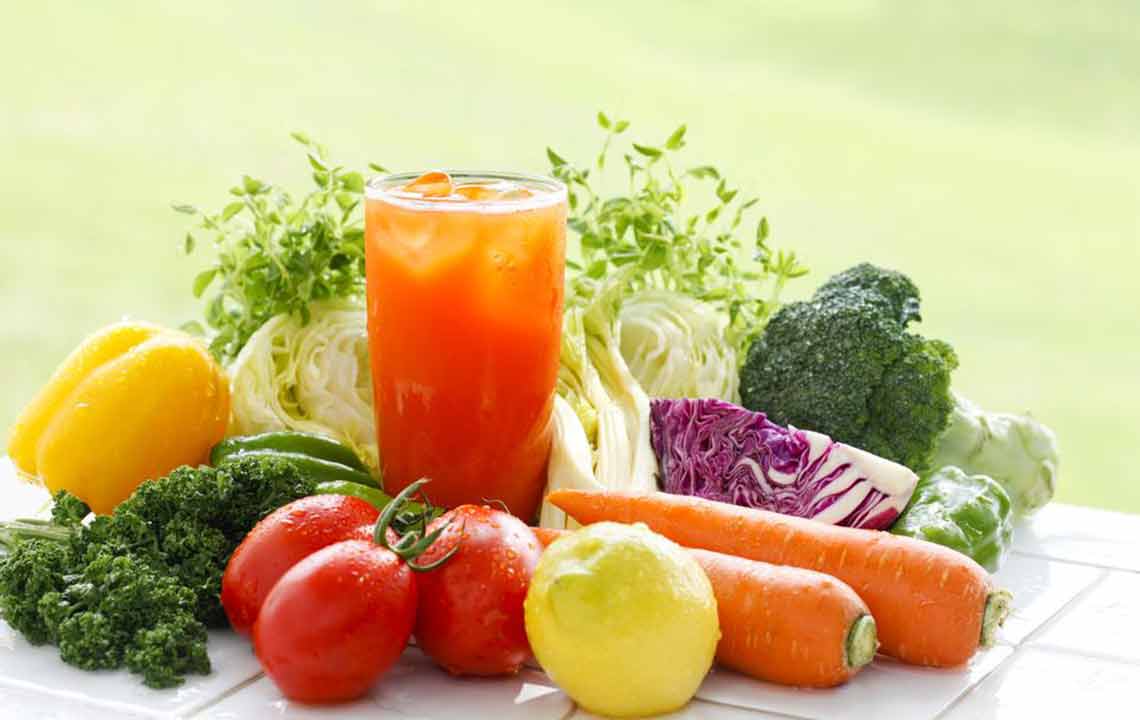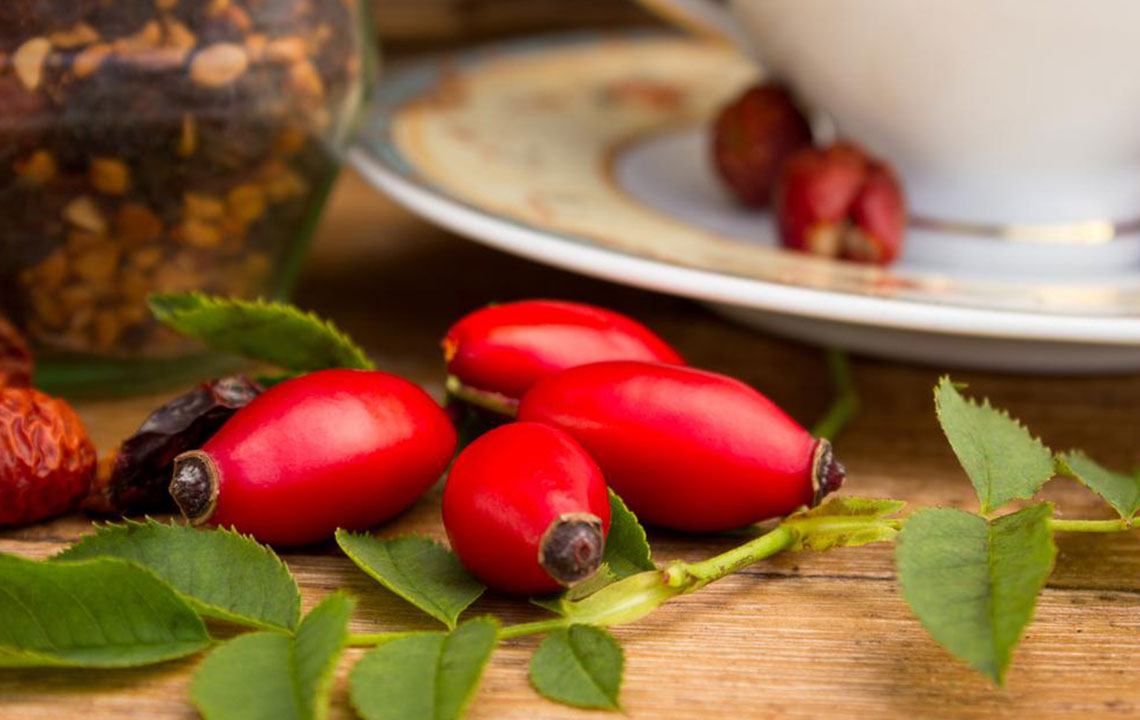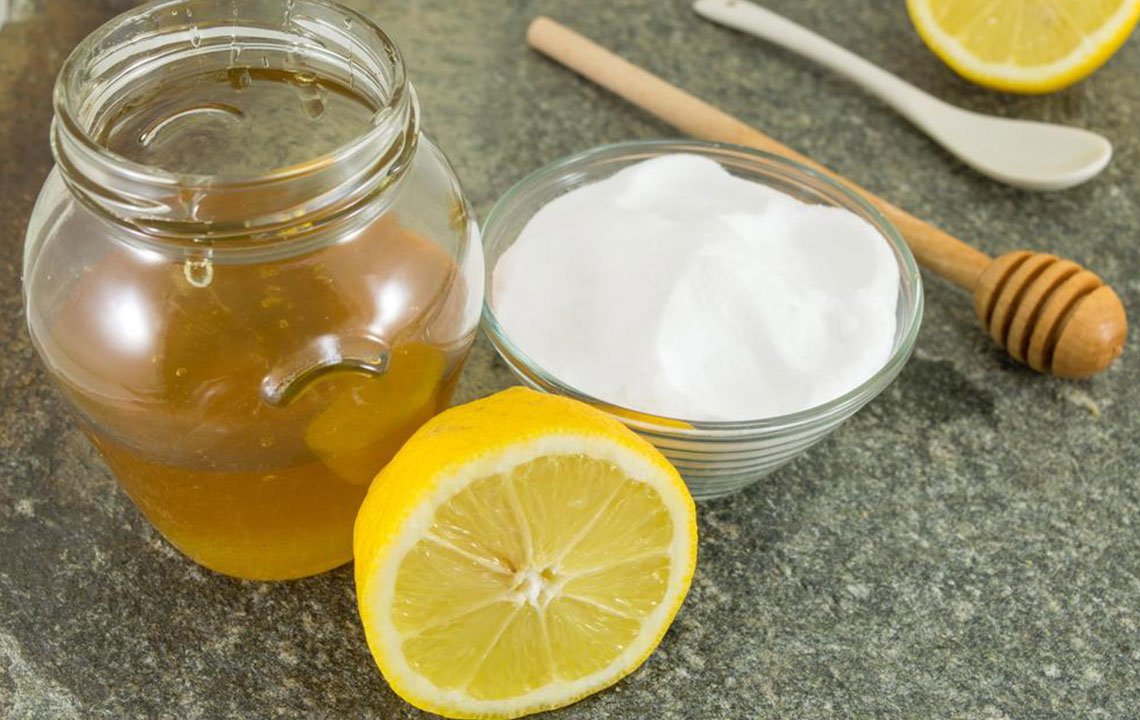Effective Home Treatments for Stomach Discomfort
Discover natural home remedies for stomach pain, including lemon water, chamomile tea, and rice water. Learn causes, precautions, and when to seek medical attention to effectively manage digestive discomfort safely at home.
Sponsored

Natural Strategies for Alleviating Stomach Discomfort
Stomach discomfort can be quite bothersome and challenging to resolve instantly. Identifying the root cause is crucial before trying any remedy. Incorrect medication or self-treatment may pose risks. This article explores various symptoms, causes, and safe home remedies for stomach pain. Most remedies are natural, free from side effects, and suitable for different conditions. Often, simple home treatments can provide relief without medical intervention.
Common reasons for stomach pain include:
Excess gastric acid secretion
Indigestion
Normal cramps
Constipation
Stomach infections
Gastritis caused by bacteria
Menstrual discomfort
Additional causes might be IBS, food allergies, poisoning, gas buildup, Crohn’s disease, ulcers, pelvic inflammation, hernia, gallstones, kidney stones, appendicitis, endometriosis, or GERD. Signs like dehydration, fever, persistent vomiting, frequent urination with pain should prompt immediate medical attention.
Timely treatment is essential, as stomach pain may signal underlying health issues. Here are effective natural remedies you can try at home:
Lemon water: Useful for indigestion caused by overeating. Squeeze fresh lemon into lukewarm water, add sugar if desired, and drink for relief.
Chamomile tea: Helps combat bacteria and reduces gastric inflammation. Steep a tea bag or dried chamomile in hot water for 5 minutes, then sip.
Warm compress: Applying a hot water bag can soothe cramps and external pain sources.
Mint tea: Relaxes stomach muscles and enhances digestion by stimulating bile flow. Steep fresh or dried mint leaves in hot water, then enjoy.
Rice water: The starchy water from boiling rice calms irritated stomach lining. Boil rice in double water, strain, and drink a small amount with salt or honey.
Additional precautions include:
Avoid greasy foods that worsen discomfort
Refrain from NSAIDs like aspirin or ibuprofen, as they can irritate the stomach
Eat small meals with bland foods and avoid spicy, caffeinated, or alcoholic drinks during recovery
Maintain hydration with small sips of water or bland beverages
Rest adequately until symptoms subside
If pain persists or worsens, especially with vomiting or diarrhea, seek medical advice immediately.






